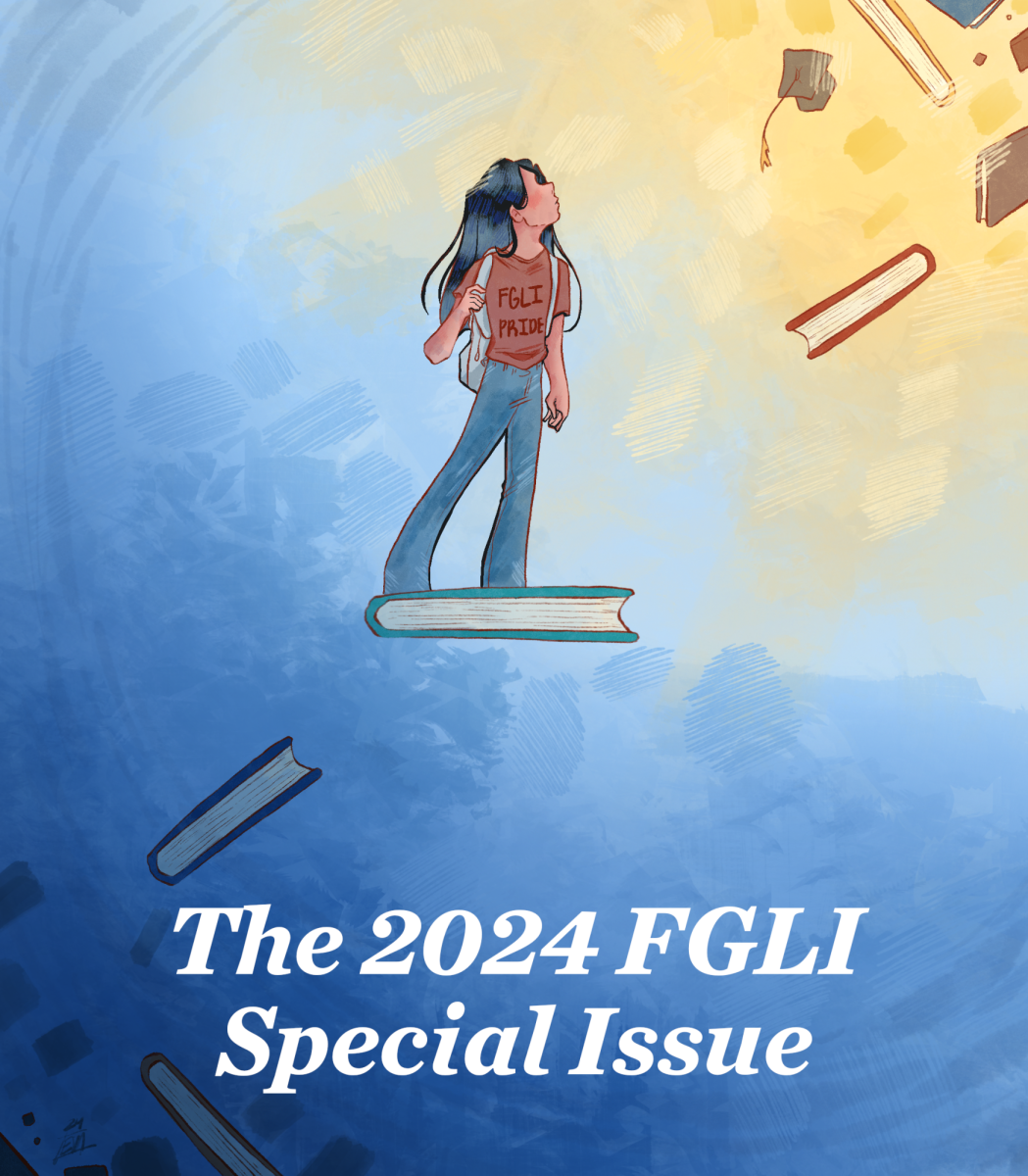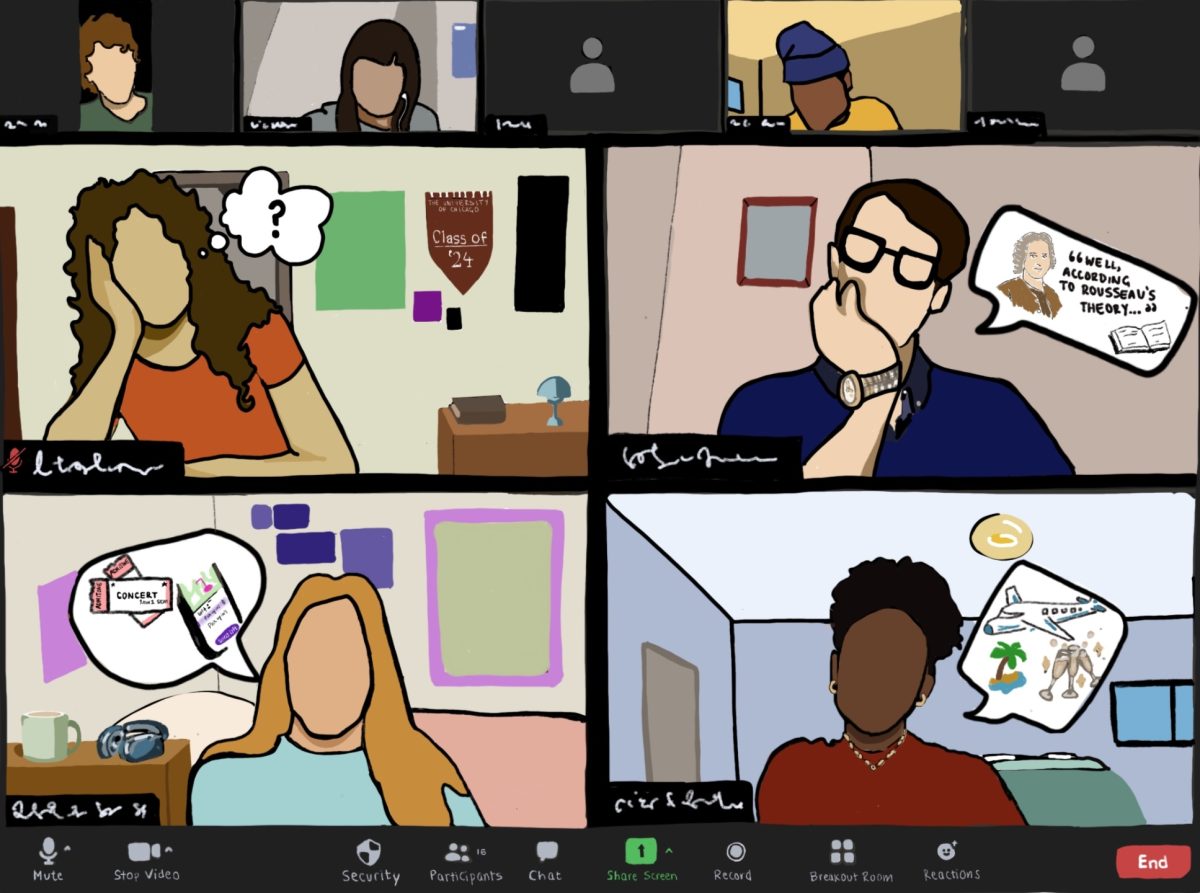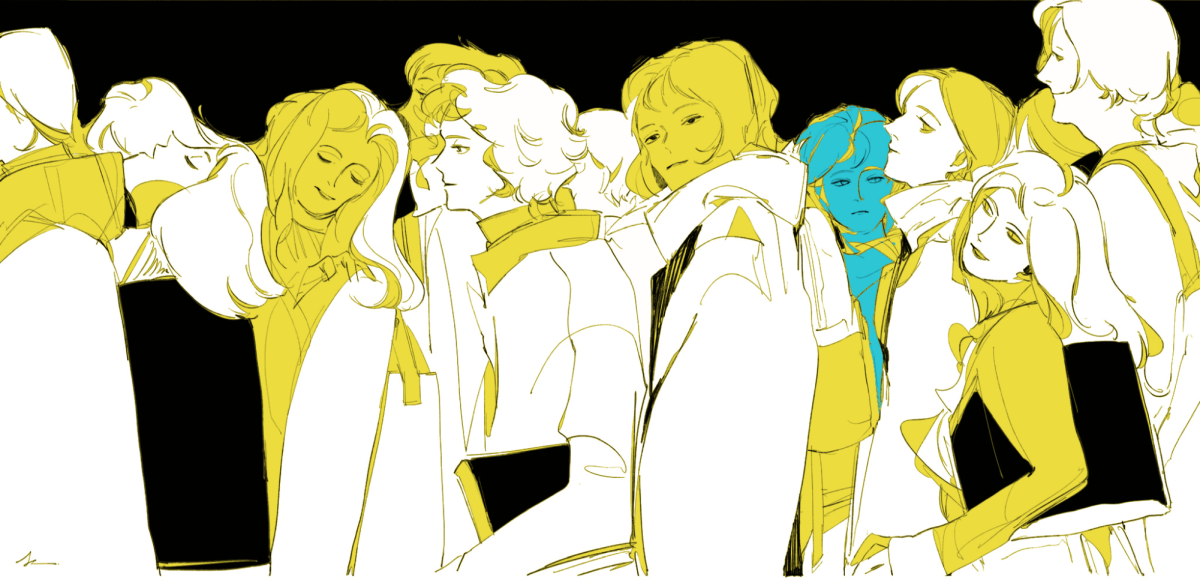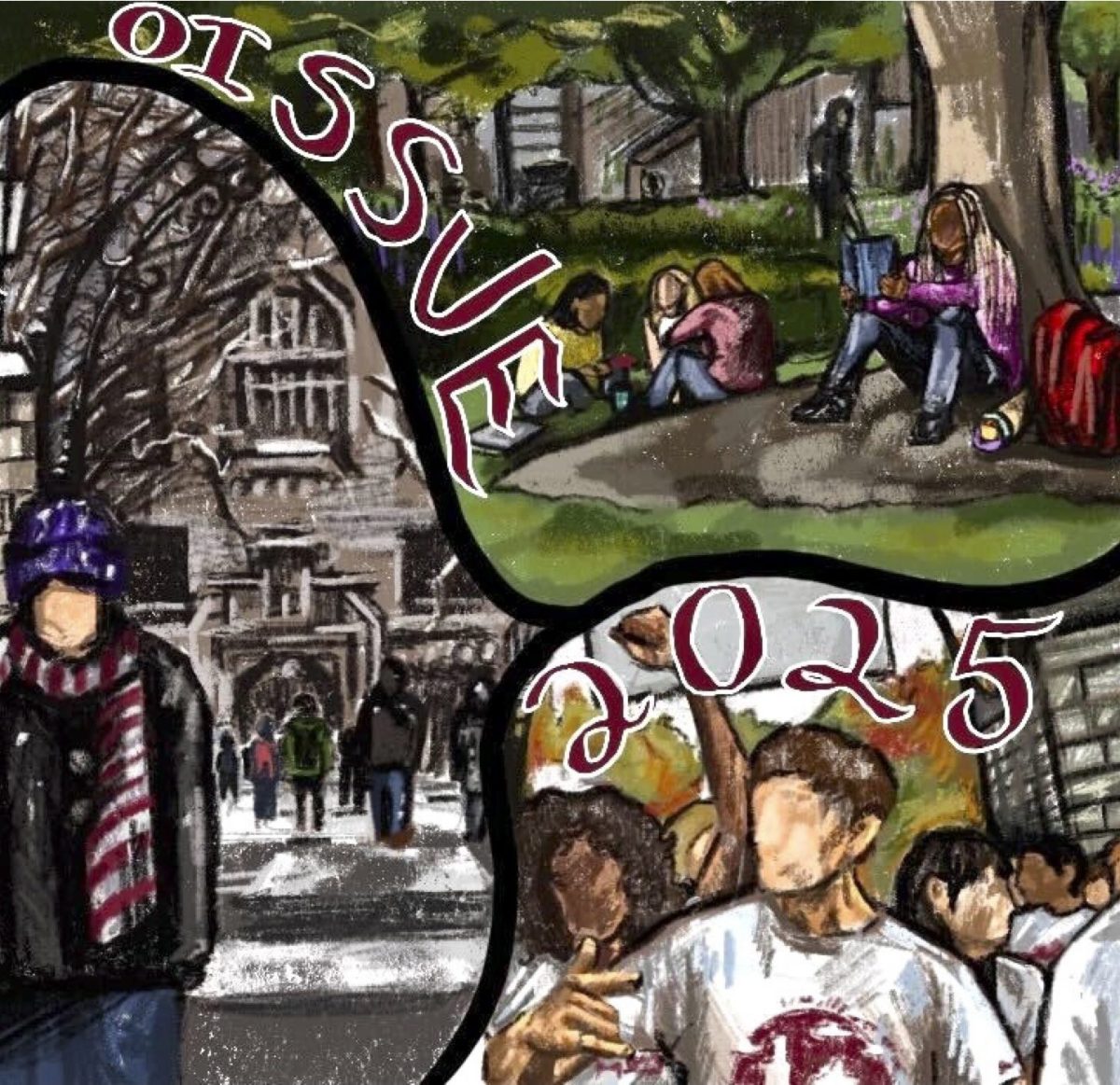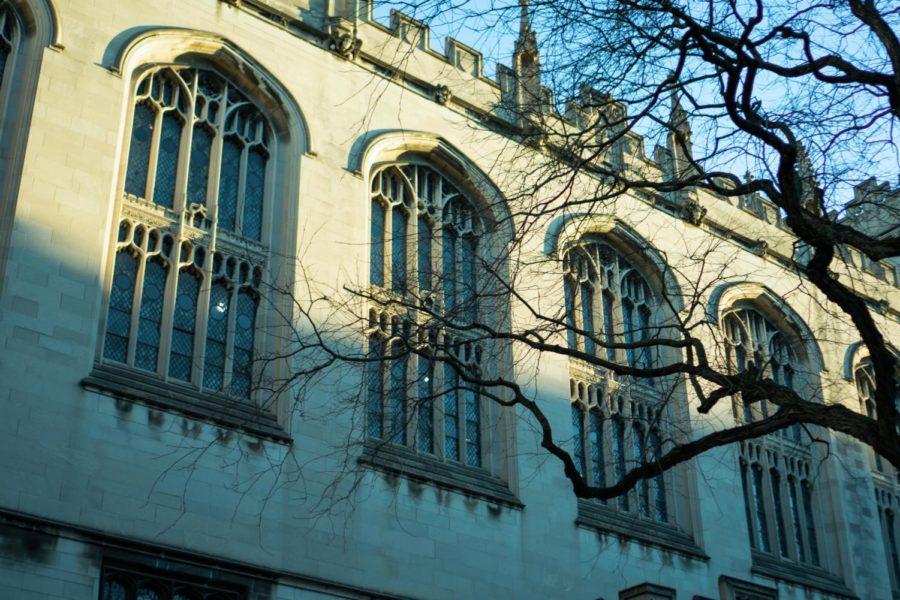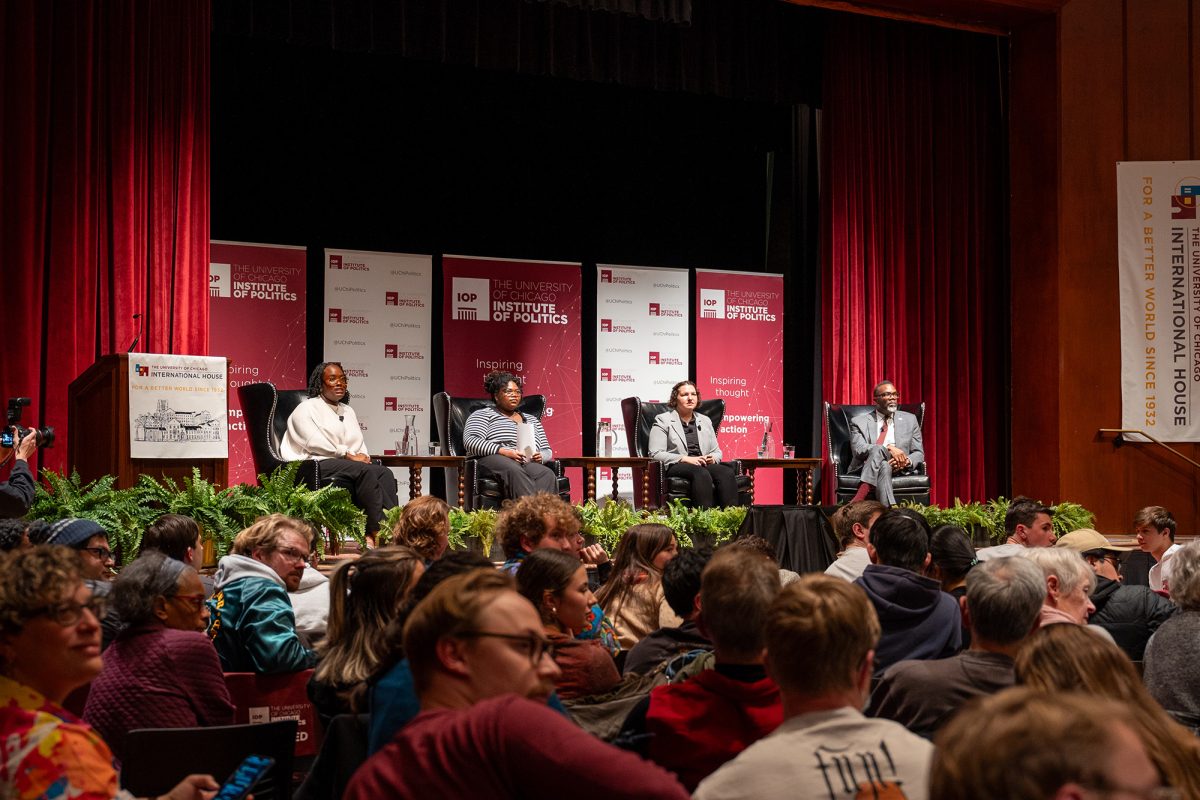When I arrived to UChicago in fall of 2021, I left behind a hushed upbringing. I went to school in a high-income suburb of Detroit, but myself lived in what neighbors and classmates referred to as “The Cabbage Patch”—a collection of single-family homes and apartments occupied by low-income residents. There, my mother raised my brothers and I largely independently, with the support of my immigrant grandmother who learned how to speak English by watching television.
The two of them only ever wanted me to feel included. This meant doing their best to attend school events—where my classmates would mimic my grandmother’s accent, and adults would approach my mother, asking where my father was—staying up into the late hours to support my scholarship applications to expensive summer programs, and encouraging me to never speak about the money I did not have.
In middle school, I was at risk of becoming homeless. I didn’t tell anyone.
A classmate saw the foreclosure sign in my front yard and told my entire grade.
As a college student, I wanted nothing more than to talk about being a low-income student. As an Odyssey Scholar, I felt like my experiences were not only meaningful, or deserving to be heard, but were worth something. When I wrote “The Sum of Everything Left Unfinished” at the end of my first year, I described myself—if you will excuse unintentional money pun—as an investment. I had barely been living in Hyde Park for a year, barely knew this campus, barely knew who I was, and yet I was consumed with proving that, whoever I was, I was worth the effort and time others had invested in me to get me to UChicago.
Looking back on that piece almost two years later, I am disappointed with how little credit I gave myself. My income status is precisely why I am here—because of what it has trained me to be. My income status has trained me in sinking my teeth in and not letting go. My income status has trained me to make the first impression, to be the first hand raised, to be the first voice echoing within the lecture hall. I am grateful, so immensely grateful, for the family members, friends, professors, and mentors who have been my support system—but they were my support as I created opportunity for myself.
This is what the First-Generation/Low-Income Student Special Insert serves to illustrate. This insert aims to highlight the voices of just a handful of first-generation, low-income (FGLI) students, to call to light their unique college experiences, successes, and struggles, and to bring FGLI voices to the forefront of conversations at an elite, private academic institution.
This collection of pieces—most of which are self-reflective, personal narratives—is the product of the cumulative efforts of a small but mighty team of four guest writers, two content editors, Maroon data analysts and social media editors, and a myriad of supporters from within the paper and beyond. It has been a sincere privilege to work with and read the stories of these exceptional individuals, and I could not be more excited for you all to learn from their experiences.
Thank you all, and welcome to the first The Chicago Maroon First-Generation/Low-Income Student Special Insert.
Eva McCord



